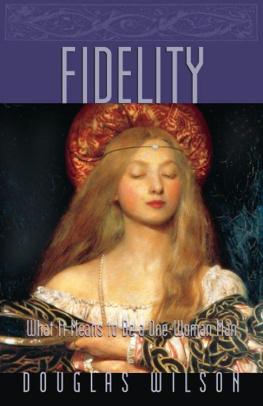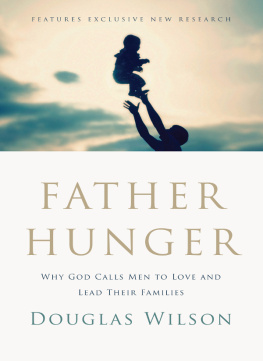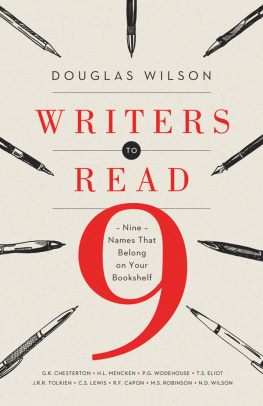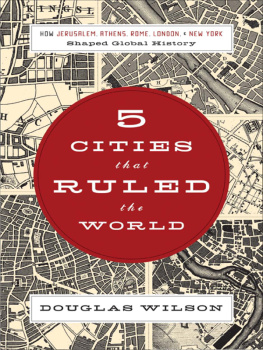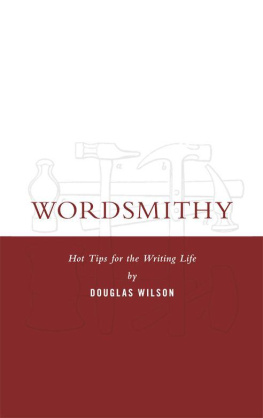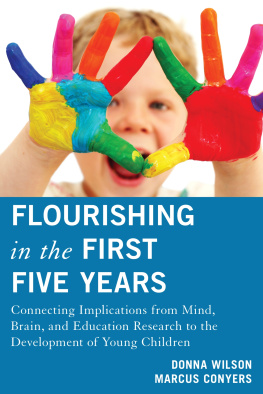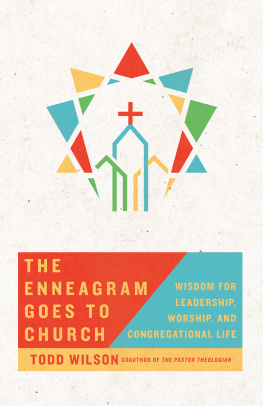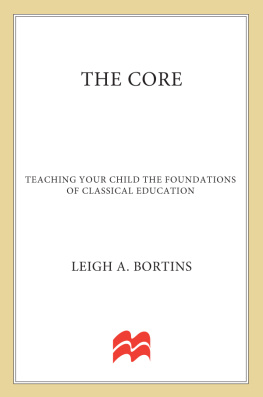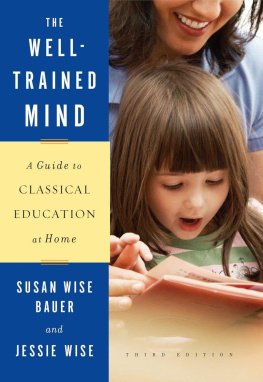THE CASE FOR
CLASSICAL CHRISTIAN EDUCATION

The Case for Classical Christian Education
Copyright 2003 by Douglas Wilson
Published by Crossway Books
a publishing ministry of Good News Publishers
1300 Crescent Street
Wheaton, Illinois 60187
All rights reserved. No part of this publication may be reproduced, stored in a retrieval system, or transmitted in any form by any means, electronic, mechanical, photocopy, recording, or otherwise, without the prior permission of the publisher, except as provided by USA copyright law.
Cover design: Liita Forsyth
First printing 2003
Printed in the United States of America
Scripture quotations are most often taken from the King James Version of the Bible.
Scripture verses marked ESV are taken from The Holy Bible: English StandardVersion. Copyright 2001 by Crossway Bibles, a publishing ministry of Good News Publishers. Used by permission. All rights reserved.
Library of Congress Cataloging-in-Publication Data
Wilson, Douglas, 1953
The case for classical Christian education / Douglas Wilson.
p. cm.
Includes bibliographical references and index.
ISBN 13: 978-1-58134-384-7
ISBN 10: 1-58134-384-1
1. Education, HumanisticUnited States. 2. Classical educationUnited States. 3. Christian educationUnited States. I. Title.
LC1023 .W55 2002
370.11'2dc21
2002002732
CH 17 16 15 14 13 12 11 10 09 08
15 14 13 12 11 10 9 8 7 6 5 4 3
For Nancy,
whose idea it was.
CONTENTS
THE PROBLEM WITH acknowledgments in a project of this scope is that I can only acknowledge the extent of my indebtedness without really discharging those debts in any adequate way.
That said, I still want to thank Marvin Olasky for giving me my first opportunity to write on the subject of education. The dedicated board, administration, and staff at Logos School are wonderful Christian people, and it has been an enormous privilege to work with them for so many years. Particular thanks go to Tom Garfield, Tom Spencer, and Matt Whitling. I am grateful to all my colleagues at New St. Andrews College, but particular thanks go to Douglas Jones and Roy Atwood. And thanks also go to Marvin Padgett at Crossway, and to Lila Bishop, my very patient editor. Many thanks also to Mike and Eileen Lawyer for their hard work on the index.
My dear wife, Nancy, is a tireless proofreader. My daughter-in-law Heather Wilson did extraordinary work in her research assistance. Every member of my family is a great blessing to me, and all the work on the subject of education only makes sense because of themNancy; Ben and Bekah, with their children Knox, Jemima, and Belphoebe; Nathan and Heather, with their son Rory Douglas; and of course Rachelor as we call her, the Liz. All three of my children were joyful guinea pigs and wonderful workers, all graduates of Logos and New St. Andrews.
JOHN MILTON, IN HIS great essay on education, said that the task of the educator is to repair the ruins created by our first parents Adam and Eve. This phrase has provided the name for our national conferences on educational reformsponsored by the Association of Classical and Christian Schoolsand leads us in turn to a second allusion, which is to the work of Nehemiah, in whose day the Lord gave the people a mind to work. The Israelites had a great wall to rebuild, as do we. We stand in the midst of the rubble of a once-great civilization, and unless God gives us a mind to work, we will all be overwhelmed. We want to build a wall with living stones built into the temple of God.
Over the course of the last twenty years or so, we have addressed many pedagogical issues in many different settings. And we have discovered along the way that the more things change, the more they stay the same. Consequently, I have taken the liberty of quoting in numerous places from other books on education that I have written during the course of our educational pilgrimage. And, as a prophet, one of our own, once put itwhat a long, strange trip its been.
These citations were included in an attempt to tie various strands of this work together, and not because I really wanted to increase my footnote appearance batting average. Because this is a book that seeks to present a broad overview of the classical Christian model of education, a number of the points made here have already been made elsewhere, scattered around in various books put out by different publishing houses. I thought it better to simply cite those places rather than try to say the same thing again in almost identical words.
When we come to the end of our lives and we consider the work that God gave us to do, it is my hope that the education of our children and grandchildren will occupy a central place in our prayers of gratitude. This book is offered with that end in view.
Douglas Wilson
Christ Church
Moscow, Idaho
ANOTHER BRICK
IN THE WALL

A MESS THAT JUST
WONT QUIT
IN ONE SENSE, a good book on education ought to be timeless. Gods Word applies equally in all generations, the parents of every age face the same basic task, and children always have the same basic needs. But we live in an era that has been captured by a mind-set that glorifies perpetual revolutionongoing change merely for the sake of change. Being a progressive is good, even though no one knows what we are progressing to. So advocates of classical and Christian education must not only defend their traveling of the old paths, but they must also regularly modify their critique of modern education. Nothing is stranger than a thirty-year-old education fad. Revolutionary education is protean, constantly shifting its external form. But despite the shape-shifting, underneath the surface are the same errors. However, the changes do have the effect of causing the critics footnotes to become outdated.
When Recovering the Lost Tools of Learning was published in 1991, the government school system was in crisis. Some thought that it could not get any worse, but in the time since then, the unthinkable (even for then) has become commonplace. Still many Christians have not yet come to grips with the foundational nature of this crisis. They shake their heads in dismay when they read the newspapers, just as they did in 1991 and 1981 and 1971, but they have not yet realized that the fruit we are seeing is directly related to the nature of the tree. Christian reformers of the government school system labor on, trying to get this crabapple tree to grow oranges. But despite all our advances in genetic engineering, our Lords words remaina tree is still known by its fruit. As I said in my book The Paideia of God:
A great deal of energy could be preserved if in our reforms we would spend more time trying to identify the genuine point of departure. In the 60s, prayer was banished from the government school system, and the Beatles came to America. Traditional conservatives proved themselves masters of the post hoc fallacy and have spent a considerable amount of time, money, and energy trying to get back to the way we were before all that.
We have not yet gotten back to the status quo ante, and so it is still necessary to point to the fruit recently produced even though the footnotes on that fruit will be outdated quickly enough. The statistics on education presented here will grow old, but the battle they represent is still part of the perpetual conflict between the seed of the serpent and the seed of the woman. All of this extends back to Eden, and all of it points forward to the future. It is our responsibility as Christian parents and educators to take note of the contemporary details but always to see them in the light of eternity. We live in the present, but are not to be bound to it. We obey (or not) in the present, but our understanding should be captive to the Scriptures, which means that our understanding extends far beyond the immediate crisis. A battle is more than just one sword stroke.
Next page

